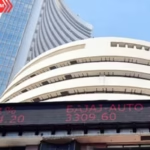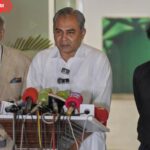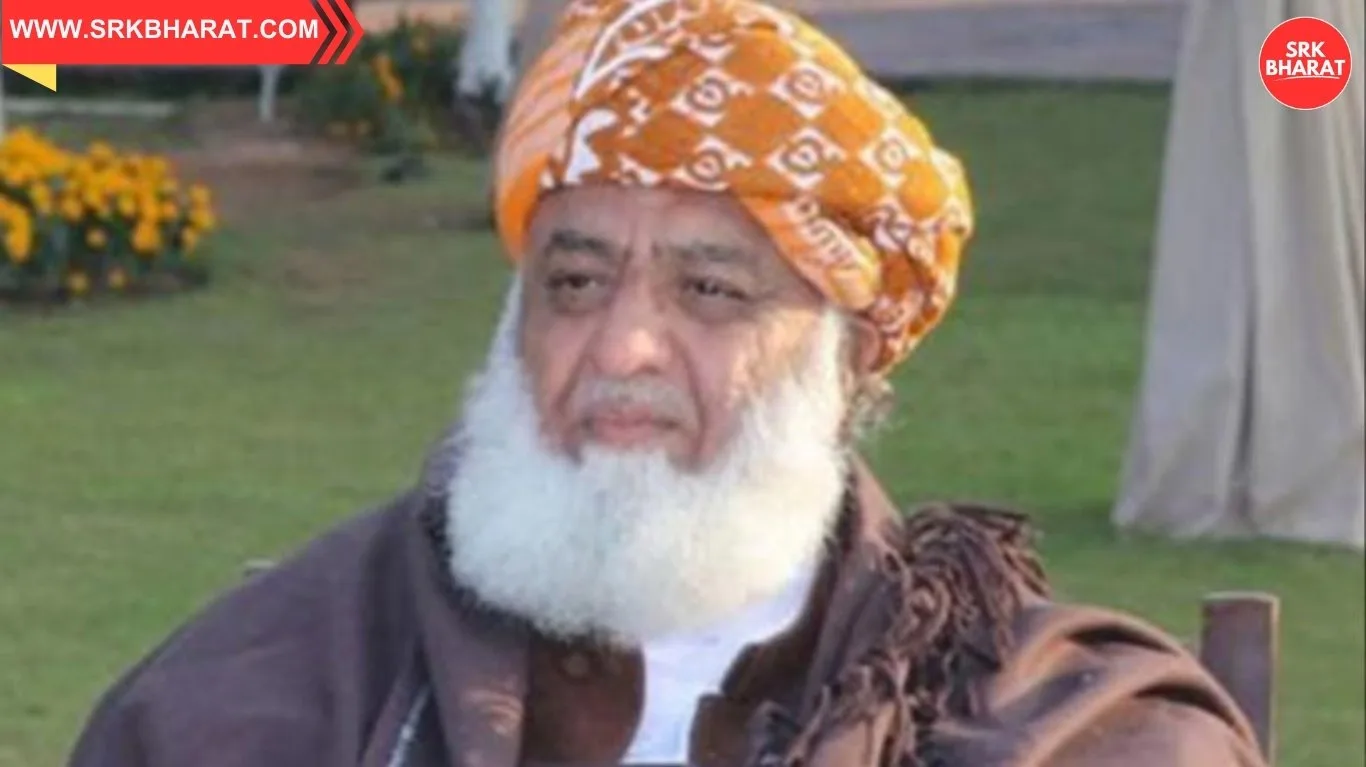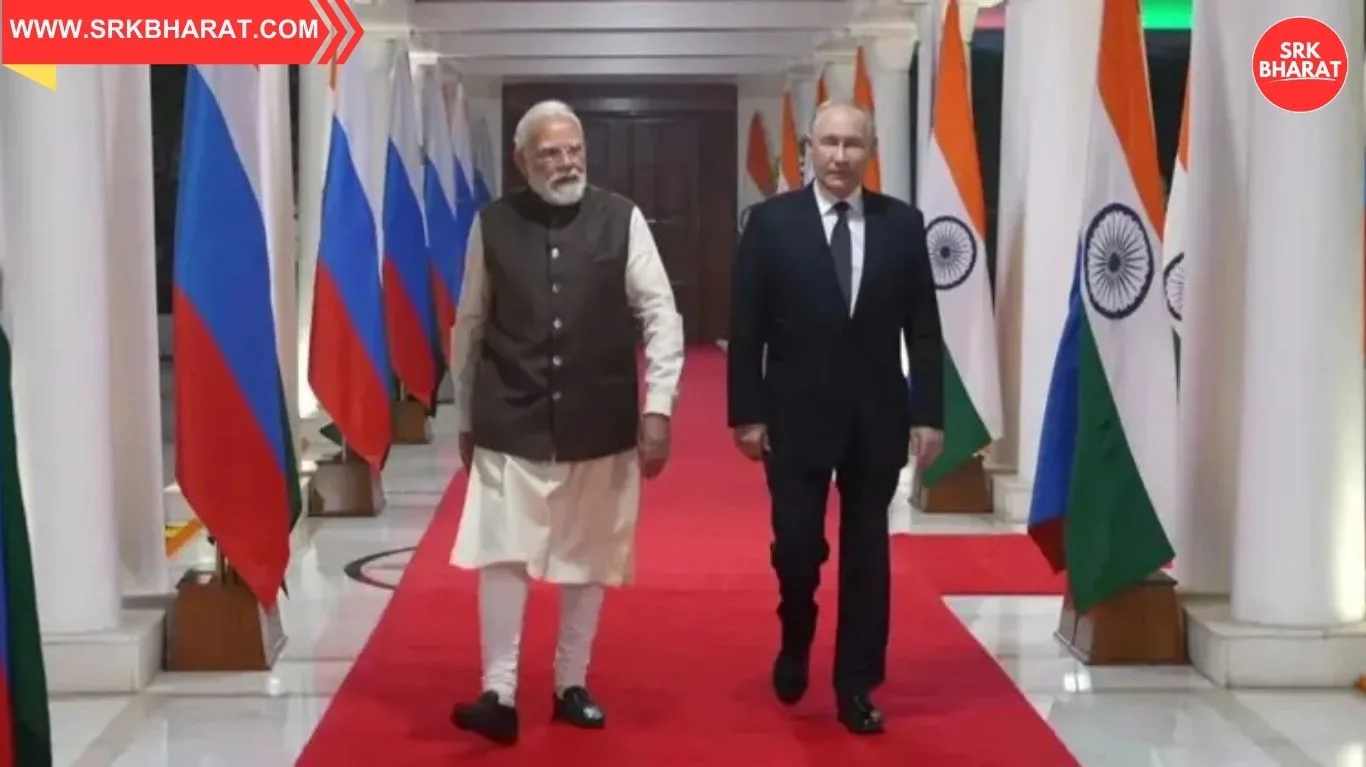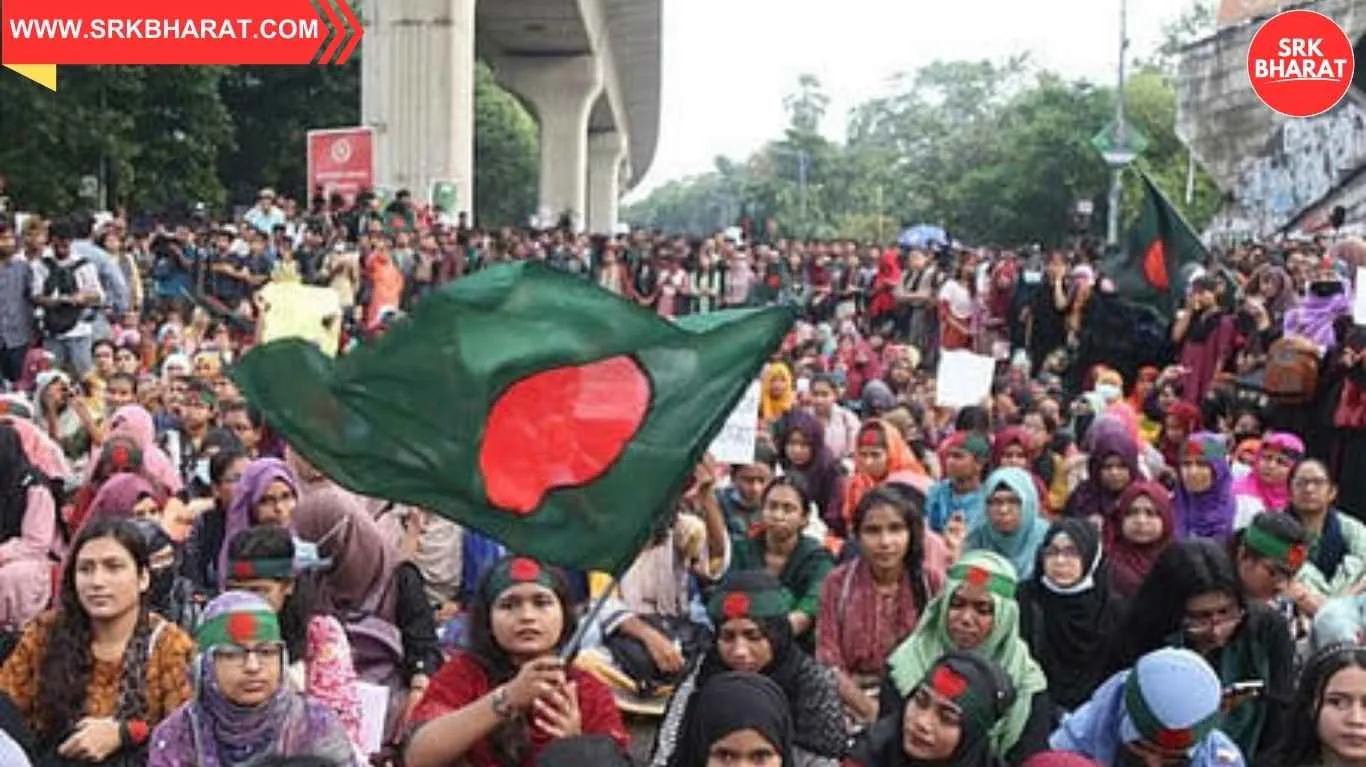Prime Minister Narendra Modi, addressing the BRICS Leaders Summit in Rio de Janeiro on Monday, emphasised that BRICS must emerge as a credible, responsible, and exemplary bloc capable of leading the Global South towards equitable growth, peace, and reformed multilateralism. His speech underlined India’s vision for BRICS 2.0 as the group expands to include new members and aims to reshape global governance frameworks.
PM Modi’s clarion call for credibility and responsibility
PM Modi asserted:
“BRICS must reflect credibility in its actions and decisions. We should lead by example, not only in economic growth but also in sustainable development, peacebuilding, and technology sharing with fellow developing nations.”
He urged member nations to focus on:
- Reformed multilateralism to give Global South a stronger voice.
- Sustainable growth aligned with climate justice.
- Inclusive digital transformation to bridge tech divides.
- Counter-terrorism cooperation, citing recent security challenges in Africa and Asia.
- Robust public health architecture to build resilience against future pandemics.
Rio Summit: Key context
This was PM Modi’s first in-person BRICS summit in South America since the group expanded to include Saudi Arabia, UAE, Egypt, Iran, and Ethiopia in January 2024, becoming BRICS+. Hosted by Brazilian President Luiz Inácio Lula da Silva, the summit focused on:
- Reforming global financial architecture
- Reducing dollar dependence through local currency trade
- Climate financing for Global South
- Strengthening the BRICS New Development Bank (NDB)
Modi’s strategic priorities for BRICS
| Priority Area | PM Modi’s Highlights |
|---|---|
| Credibility & Reform | BRICS must push for UN Security Council reforms and enhanced IMF voting rights for developing nations. |
| Sustainable Development | Commit to SDGs with climate justice, particularly supporting African, Latin American, and Asian least developed countries. |
| Digital Public Infrastructure | Share India’s Digital Public Goods like UPI and CoWIN platforms to aid digital governance in Global South. |
| Counter-terrorism | Collective action needed to tackle terrorism financing and safe havens. |
| Trade & Investment | Expand intra-BRICS trade, ease market access, and prioritise resilient supply chains. |
India’s push for Global South leadership
PM Modi stressed that BRICS must “stand as the voice of the Global South, not as an exclusive club”. He noted India’s initiatives such as:
- Voice of Global South Summit (January 2024)
- G20 New Delhi Declaration’s focus on developing nations
- Vaccine Maitri, digital infrastructure sharing, and solar energy partnerships with Africa
He stated:
“For far too long, the Global South has been sidelined. BRICS must lead by example to create a just, multipolar world order.”
Lula backs Modi’s vision
Brazilian President Lula da Silva welcomed PM Modi’s emphasis on credibility, stating:
“We agree with India that BRICS must be credible and inclusive, expanding partnerships in Latin America and Africa to address poverty, inequality, and hunger.”
Russia and China back multipolarity, raise West’s unilateralism
Russian President Vladimir Putin, addressing virtually, highlighted:
“The West’s unilateral sanctions and economic coercion are destabilising global markets. BRICS must build alternative financial systems.”
Chinese President Xi Jinping echoed similar sentiments, reiterating:
“BRICS must remain united, oppose hegemonic practices, and expand yuan-based trade mechanisms to reduce external vulnerability.”
African and West Asian members seek development assurances
New BRICS members including Ethiopia, Egypt, and UAE urged:
- Increased financing from NDB for infrastructure
- Technology transfer for food security and green energy
- Institutional reforms to ensure equitable decision-making power
Experts analyse Modi’s speech
Professor Rajiv Bhatia, former ambassador and BRICS scholar, noted:
“PM Modi’s call for credibility is timely. BRICS+ risks becoming a talking shop without actionable consensus. India is positioning itself as a bridge between traditional BRICS and new entrants.”
Former Foreign Secretary Shyam Saran added:
“India’s focus on Global South leadership strengthens its image as a moral power, not just an emerging economy.”
Challenges ahead for BRICS credibility
Despite its ambitious declarations, BRICS faces:
- Divergent geopolitical interests, particularly between India and China
- Lack of clarity on new currency proposals versus existing financial systems
- Limited consensus on security issues beyond rhetorical support
- Delayed implementation of past commitments (e.g. NDB expansion of local currency lending)
India’s bilateral engagements on sidelines
On the sidelines, PM Modi held bilateral meetings with:
- President Lula da Silva to deepen defence, biofuel, and agricultural ties
- South African President Cyril Ramaphosa to review vaccine partnerships and BRICS business initiatives
- Ethiopian PM Abiy Ahmed to discuss Indian investments in telecom, railways, and agriculture modernisation
Domestic political reactions
Back home, Opposition parties welcomed Modi’s focus on Global South but urged clarity on India’s stance in multipolar frameworks involving China. Congress leader Shashi Tharoor remarked:
“Global South solidarity is important, but we must guard India’s core security and economic interests while navigating China’s assertive designs within BRICS.”
BJP leaders hailed Modi’s speech as “another example of India’s rising moral leadership in global affairs.”
Final thoughts
Prime Minister Modi’s address at the BRICS Rio Summit underscored India’s vision for a credible, action-oriented, and inclusive BRICS that stands as the voice of the Global South. As BRICS+ navigates internal divergences and geopolitical complexities, India’s push for reformed multilateralism, digital public goods sharing, and climate justice remains central to shaping the group’s global relevance in the coming decade.
Disclaimer: This news article is for informational purposes only. It includes official statements, public data, and expert analyses based on summit proceedings. Final policy outcomes, BRICS declarations, and bilateral agreements remain subject to official confirmation and publication.


